The United Nations' Security Council voted unanimously today to approve the deployment of African and French forces in the Central African Republic, as tit-for-tat killing continues between Muslim rebels and Christian militias, and humanitarian organizations warn that the country could be on the brink of genocide.
The resolution authorizes an African Union-led peacekeeping force aided by France to intervene to protect civilians, restore humanitarian access, and stabilize the country. The Security Council also voted to impose an arms embargo.
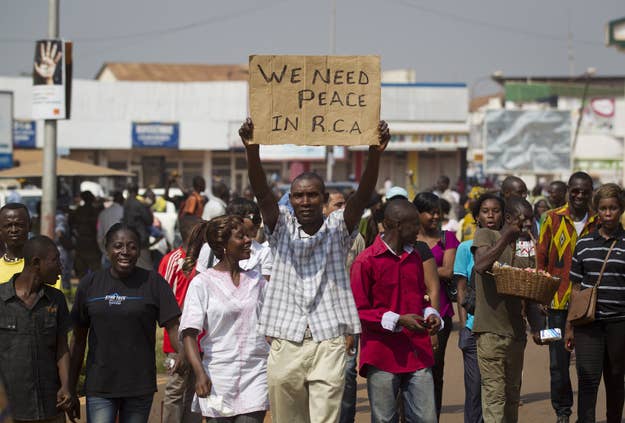
The CAR has been plagued by poverty and a series of coups, mutinies, and conflicts since gaining independence from French colonial rule in 1960.
This latest political conflict has pitted the Seleka — Muslim rebels that include fighters from neighboring Chad and Sudan — against the previous government and now, with sectarianism on the rise, against the majority Christian population. In March, Seleka rebels seized power from President François Bozizé, who then fled the country, and appointed Seleka rebel commander Michel Djotodia president. Since then, Seleka rebels have been raiding and killing with impunity. Largely Christian militia's, known as the anti-balaka, have formed to fight back.
As U.N. officials in New York passed the resolution, fighting in the CAR capital of Bangui claimed the lives of at least 50 people, with 100 more wounded, according to Doctors Without Borders. The fighting marked the first time that anti-balaka militia had reached the capital, causing massive displacement of civilians in the wake of the fighting.
The fighting and ongoing instability has displaced more than 415,000 people, according to the International Rescue Committee. An estimated 1.6 million are in dire need of immediate food, water, health care, and other humanitarian assistance.
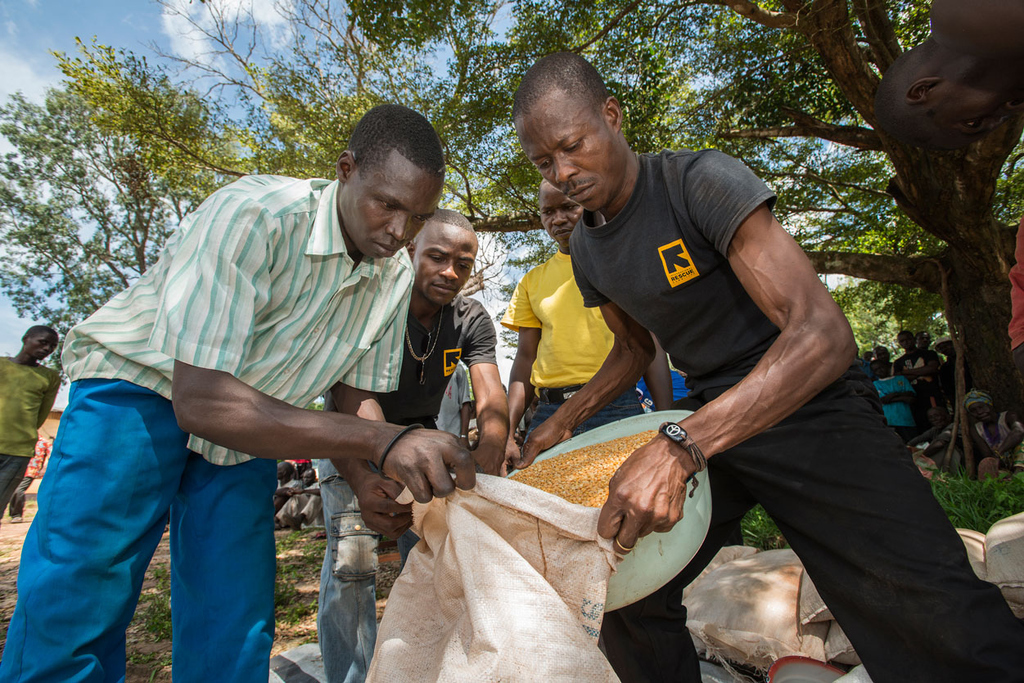
The turmoil has unhinged the daily lives of millions. In the wake of the crisis, food prices have soared and household incomes have shrunk due to trade disruption, according to the IRC.
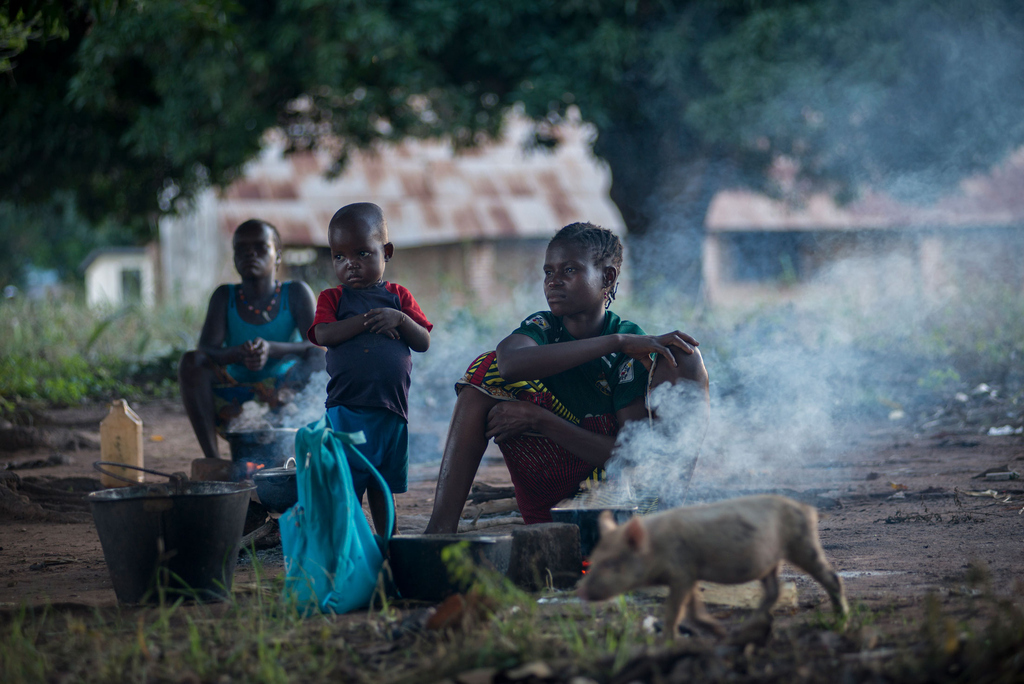
Eduard Pargana, 45, is one of the 415,000 displaced. He fled his home in the town of Kabo, and now lives in a makeshift hut. “Seleka burnt all of our houses,” he told the IRC. “We have nothing left. We struggle to survive.”

An estimated 250,000 children were unable to attend school last year, and some 6,000 have been recruited by armed groups, according to the U.N.
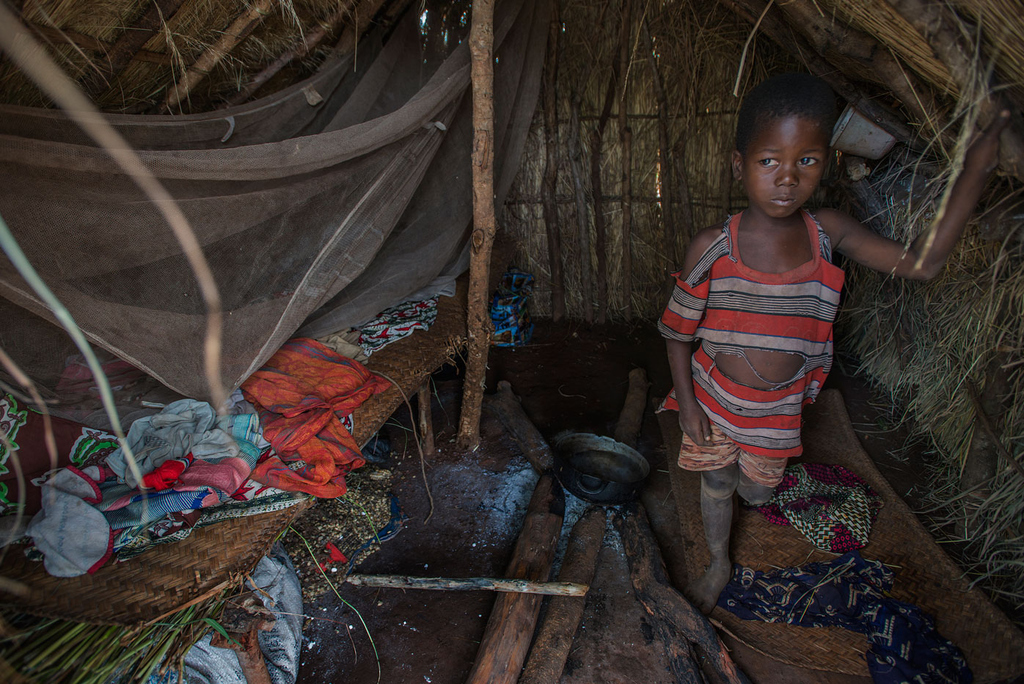
Kaga Bandoro, a small market town, has the region’s only hospital. Last year, rebels ransacked the wards, stealing generators, mattresses, and medicines. Malnourishment is widespread, with milk and peanut paste one of the few available anecdotes.
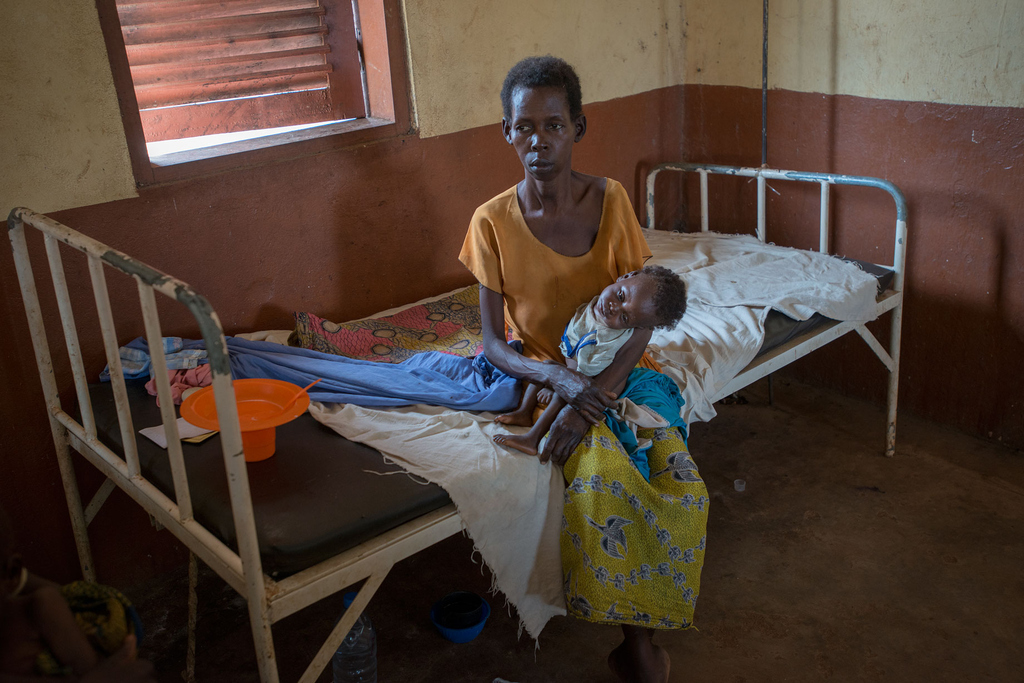
“Sometimes they come in too late,” Marie-José Dongognon (right), an IRC-trained nurse at the hospital, told the organization. “A 1-year-old boy died just this morning. The situation is very, very bad.”
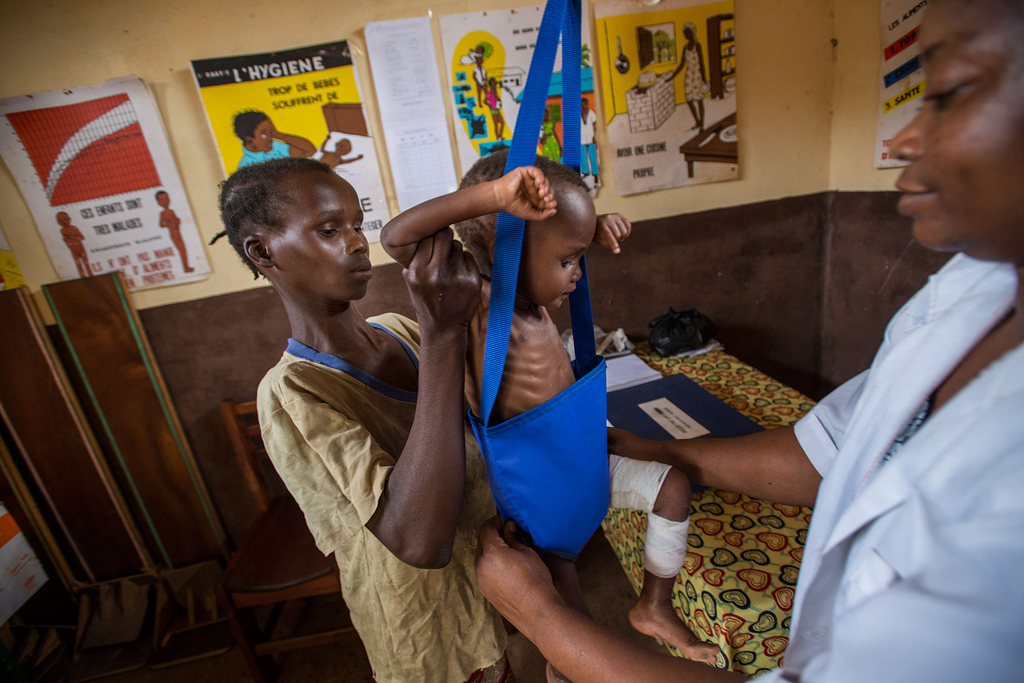
Two-year-old Nathan came to the hospital nearly dead from acute malnutrition. “The rebels stole all our cassava and rice,” his father told the IRC. “We fled into the bush for four months."
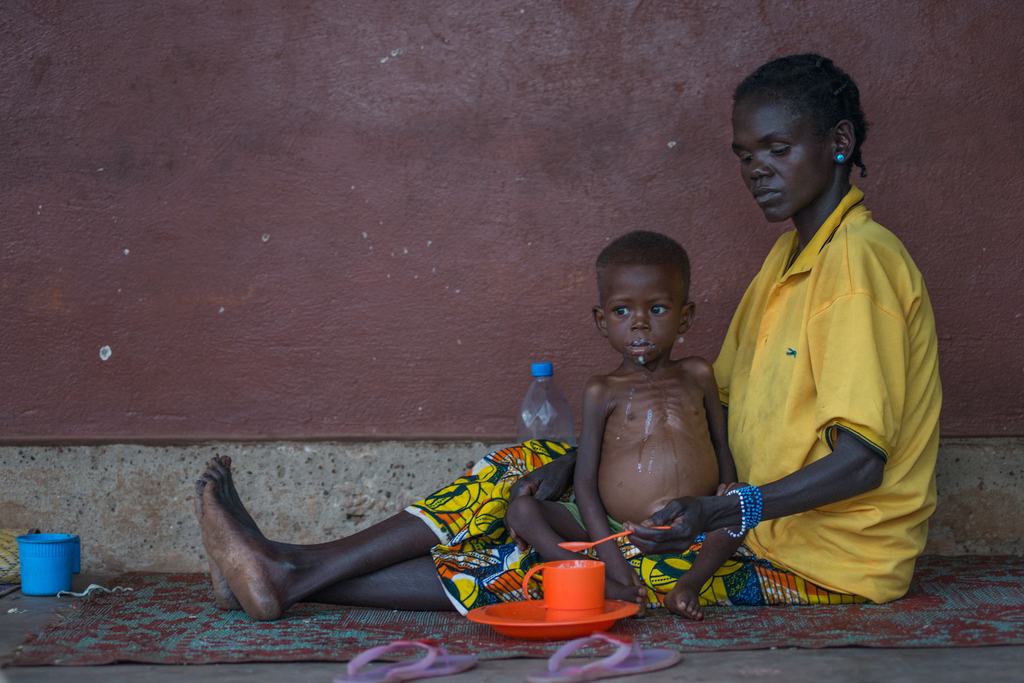
As the fighting continues, the U.N. is expected to discuss again soon whether to increase international intervention.
Still sporadic gunfire tonight in #bangui in spite of beefed up French patrols #CAR

Tristan Redman
@TristanAJE
Still sporadic gunfire tonight in #bangui in spite of beefed up French patrols #CAR
